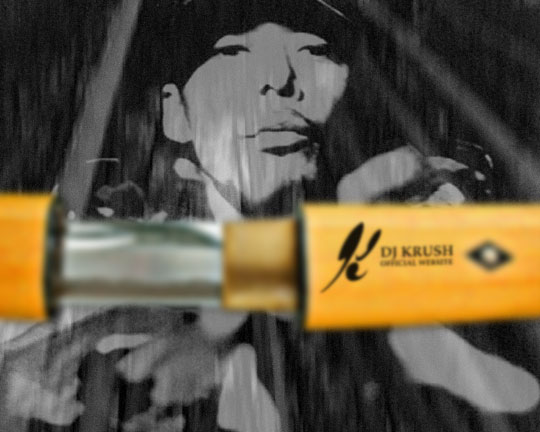This morning I completed the first part of The Seven Storey Mountain by Thomas Merton. The book is the story of his “search for faith and peace.” (according the back cover of the book) This section of the book covers the time of his childhood through his college years at Columbia. At this point in the book, I don’t really like Merton, though I suspect that Merton himself didn’t like Merton at this point in his life. Perhaps, as the note to the reader suggests, this is just a matter of perception. The Catholic church and the world at large were much different places in the years immediately following World War II. This is surely part of it, however, there were numerous times that I was put off by the arrogance of “Father Louis” (Merton’s monastic name) and how it related to Thomas Merton the child and young adult.
Perhaps the most telling example of this occurs in a scene after his father has died:
First a scene from right before his father’s death:
Of us all, Father was the only one who really had any kind of a faith. And I do not doubt that he had very much of it, and that behind the walls of his isolation, his intelligence and his will, and not hampered in any essential way by the partial obstruction of some of his senses, were turned to God, and communed with God Who was with him and in him, and Who gave him, as I believe, light to understand and to make use of his suffering for his own good, and to perfect his soul. It was a great soul, large, full of natural charity. He was a man of exceptional intellectual honesty and sincerity and purity of understanding. And this affliction, this terrible and frightening illness which was relentlessly pressing him down even into the jaws of the tomb, was not destroying him after all.
[…] We thought he was done for, but it was making him great. And I think God was already weighing out to him the weight of reality that was to be his reward, for he certainly believed far more than any theologian would require of a man to hold explicitly as “necessity of means,” and so he was eligible for this reward, and his struggle was authentic, and not wasted or lost or thrown away.
However, just over a year after his fathers death, the young Merton (through the eyes of the monastic Merton) seems to have forgotten his earlier admiration of his father’s faith, during what could be considered the beginning of Merton’s conversion experience:
Suddenly it seemed to me that Father, who had now been dead more than a year, was there with me. The sense of his presence was as vivid and as real and as startling as if he had touched my arm or spoken to me. The whole thing passed in a flash, but in that flash, instantly, I was overwhelmed with a sudden and profound insight into the misery and corruption of my own soul, and I was pierced deeply with a light that made me realize something of the condition I was in, and I was filled with horror at what I saw, and my whole being rose up in revolt against what was within me, and my soul desired escape and liberation and freedom from all this with an intensity and an urgency unlike anything I had ever known before. And now I think for the first time in my whole life I really began to pray–praying not with my lips and with my intellect and my imagination, but praying out of the very roots of my life and of my being, and praying to the God I had never known, to reach down towards me out of His darkness and to help me to get free of the thousand terrible things that held my will in their slavery.
There were a lot of tears connected with this, and they did me good, and all the while, although I had lost that first vivid, agonizing sense of the presence of my father in the room, I had him in my mind, and I was talking to him as well as to God, as though he were a sort of intermediary. I do not mean this in any way that might be interpreted that I thought he was among the saints. I did not really know what that might mean then, and now that I do know I would hesitate to say that I thought he was in Heaven. Judging by my memory of the experience I should say it was “as if” he had been sent to me out of Purgatory. For after all, there is no reason why the souls in Purgatory should not help those on earth by their prayers and influence, just like those in Heaven: although usually they need our help more than we need theirs. But in this case, assuming my guess has some truth in it, things were the other way ’round.
It really just amazes me that the “elder” Merton can look back on his father, a man who’s faith he could not question, and still think his father would not be in Heaven. Is it just because his father was not a Catholic? I can’t be completely sure, since this is my first real exposure to Merton’s works, but based on the way he speaks of the “Protestant” denominations elsewhere in the book, I suspect that is a large part of it.




